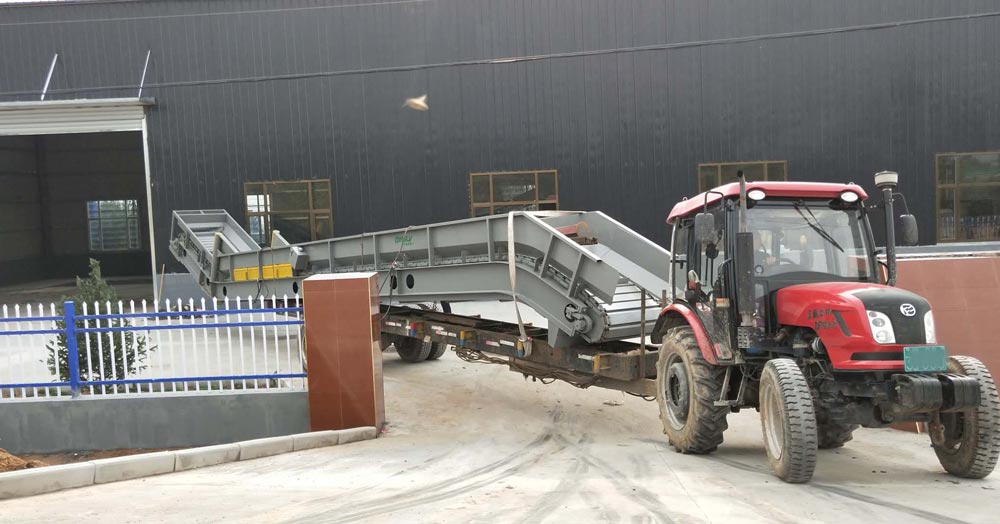 Time:2025-04-29
Time:2025-04-29
 Source:青绿环境
Source:青绿环境
In recent years, rural domestic waste treatment equipment has become an essential part of China's rural revitalization strategy. With the rapid development of the rural economy and the improvement of living standards, the volume of rural waste has been increasing annually. Traditional waste disposal methods, such as landfilling and incineration, can no longer meet the demands of environmental protection and resource recycling. Therefore, the development of efficient and environmentally friendly rural domestic waste treatment equipment has become an urgent priority.

Rural domestic waste is characterized by its complex composition, dispersed distribution, and high transportation costs. As a result, waste treatment equipment needs to be small-scale, intelligent, and low-cost in operation. The common types of rural waste treatment equipment available in the market mainly include the following categories:
1. Waste Sorting Equipment
This type of equipment sorts waste into different categories, such as metals, plastics, and organic materials, using mechanical screening, air separation, and magnetic separation. It helps recycle valuable resources and reduces the burden on subsequent waste treatment processes.
2. Organic Waste Treatment Equipment
For example, composting equipment or biogas fermentation equipment is primarily used to treat organic waste, including kitchen waste and agricultural by-products. Through biological degradation, organic waste can be converted into organic fertilizer or clean energy in the form of biogas. This not only reduces environmental pollution but also promotes agricultural production.
3. Pyrolysis Gasification Equipment
Suitable for non-recyclable combustible waste, this equipment uses high-temperature anaerobic cracking technology to convert waste into combustible gases or tar. This process achieves waste volume reduction and energy recovery. Compared with traditional incineration, pyrolysis gasification effectively reduces the emission of harmful gases such as dioxins, making it a more environmentally friendly option.
4. Intelligent Compaction Stations and Transportation Equipment
To address the difficulties of waste collection in rural areas, intelligent compaction equipment can compress waste, reducing its volume and improving transportation efficiency while lowering costs.
The national government strongly supports the construction of a waste classification and resource utilization system in rural areas. Local governments are actively promoting a three-tier waste management model of "village collection, town transfer, and county treatment" and encouraging private capital to participate in the construction and operation of waste treatment projects.
With the advancement of technologies such as artificial intelligence and the Internet of Things, rural waste treatment equipment will further upgrade towards automation and intelligence. Functions such as remote monitoring and fault warning will be realized, enhancing overall treatment efficiency and management levels.
The promotion and application of rural domestic waste treatment equipment not only improve the rural living environment but also provide strong support for achieving green and sustainable development. As technology continues to progress and policy support remains in place, rural waste treatment will gradually become more standardized, systematic, and modernized.













 Prev
Prev











